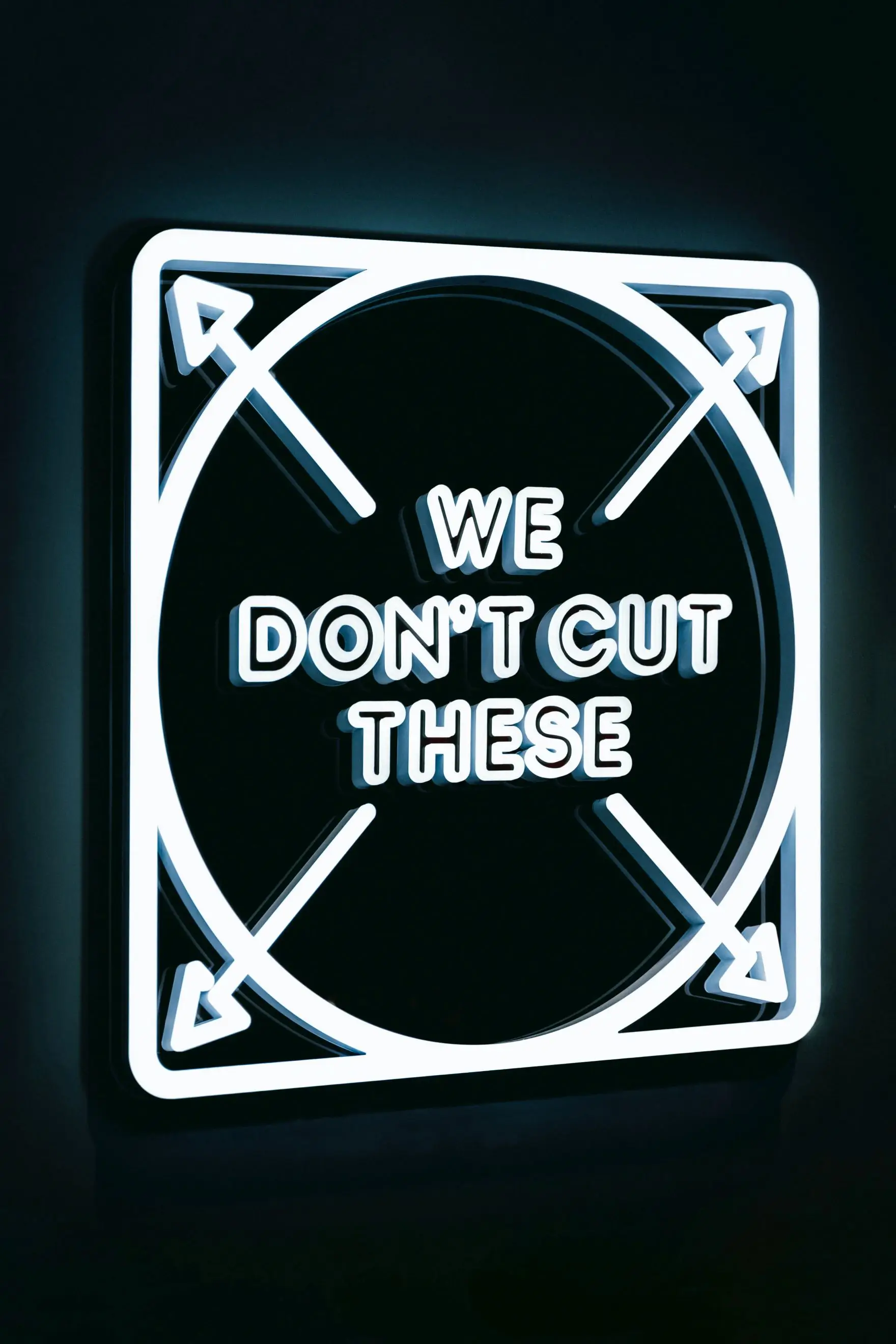You open your Spotify to listen to some calming music, and bam—suddenly you're watching a podcast in full video. You hop over to Instagram for some pictures of your friends, but wait—what are all these dancing Reels? Even Duolingo, the cute little owl that used to just help you with languages, is now trying to teach you math and music. What's going on? Have all these apps gone completely wild, trying to do everything at once?
Well, yes. And there's a reason for it.
The Case of the Expanding Apps
It's not a crime scene, but it feels suspicious. Every time you blink, another app is adding a new feature: social media platforms now offer mini-movies, language apps are dabbling in education, and design tools like Figma are getting bulkier with collaborative features that seem to do everything but make a sandwich.
But why? Why can't Spotify just stick to music, Instagram to photos, and Duolingo to languages?
Because in the tech world, keeping things simple doesn't necessarily mean keeping users around. Apps are becoming super apps to keep you from wandering off and using someone else's platform. Companies want you to spend all your time with them—listening, watching, learning, working—without ever clicking away.
It's a bit like inviting you over for coffee but then offering you cake, a foot massage, and a jazz performance until you forget why you came in the first place. You're not just there for coffee anymore, you're there for everything.
Google has been doing this for years—shifting from simply displaying website links to offering quick information like weather in pop-ups, which reduces the need for users to visit the original sites. More recently, Google has started using AI to answer questions directly, so users have even less need to leave the platform.
Who Benefits? And Who Loses Out?
Big companies that can afford to build feature-rich apps are constantly adding new elements to keep users hooked. The more you use these apps, the more they gain in data, advertising, and subscriptions.
But what about the little guys? The startups and niche apps doing one thing really well? They can't compete with these bloated giants. And as apps grow, design teams face the challenge of managing increasingly complicated interfaces, where the experience can quickly go from sleek to cluttered and overwhelming.
Too Much of a Good Thing?
Let's be honest: sometimes an app adding a new feature sounds great—until things start getting cramped. Not everyone wants more. Some users just want a straightforward, single-purpose app—language lessons, music, or just photos of their friends' dogs. When apps try to be everything to everyone, they risk becoming nothing to anyone.
There's even a term for this: feature fatigue. It's when all those extra bells and whistles become more annoying than useful. Users get frustrated when they can't find the one thing they originally came for. After all, not everyone needs a Swiss Army knife to simply eat soup.
So, Is It a Good Idea?
It depends. For big companies with lots of resources, becoming a “super app” can work. They can dazzle users with endless options, keeping them around longer. But for small businesses, trying to compete by cramming in more features might stretch them too thin and hurt their core offering.
As for users? Some may love having everything in one place, while others will seek out simpler, specialized apps that don't require a user manual just to hit the play button.
In the end, it's a balancing act. Apps will keep expanding, but there's always the risk that, in trying to be everything, they'll lose the focus that made them good in the first place.
Final Thought: Sometimes, Simple Is Best
So next time your favorite app suddenly introduces a whole new range of features you didn't ask for, take a moment. Maybe it looks like a tempting upgrade at first. But maybe, just maybe, you'll be happier with something that sticks to the basics.
After all, not everyone needs a foot massage with their coffee.
Sometimes a good cup of coffee is more than enough.







